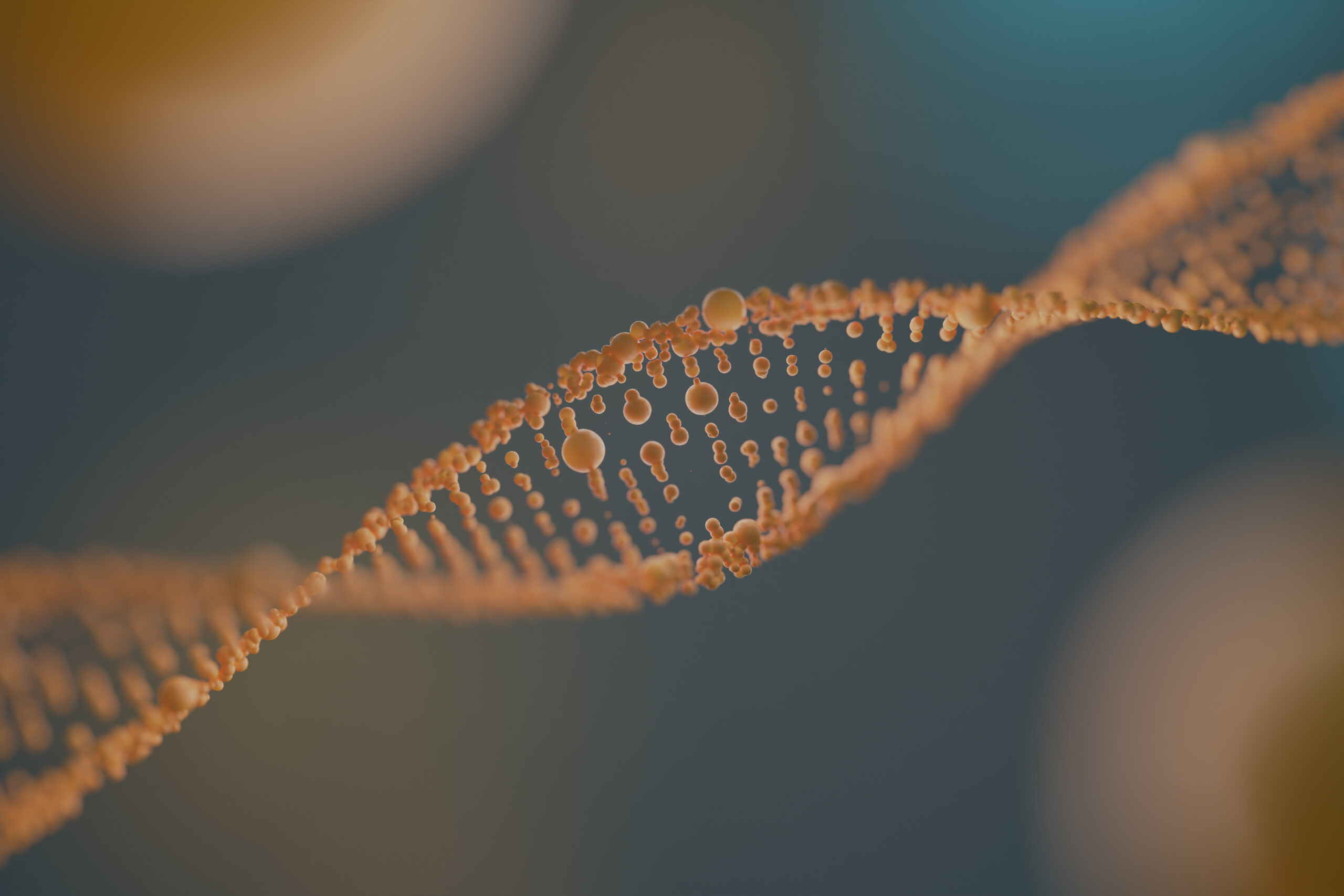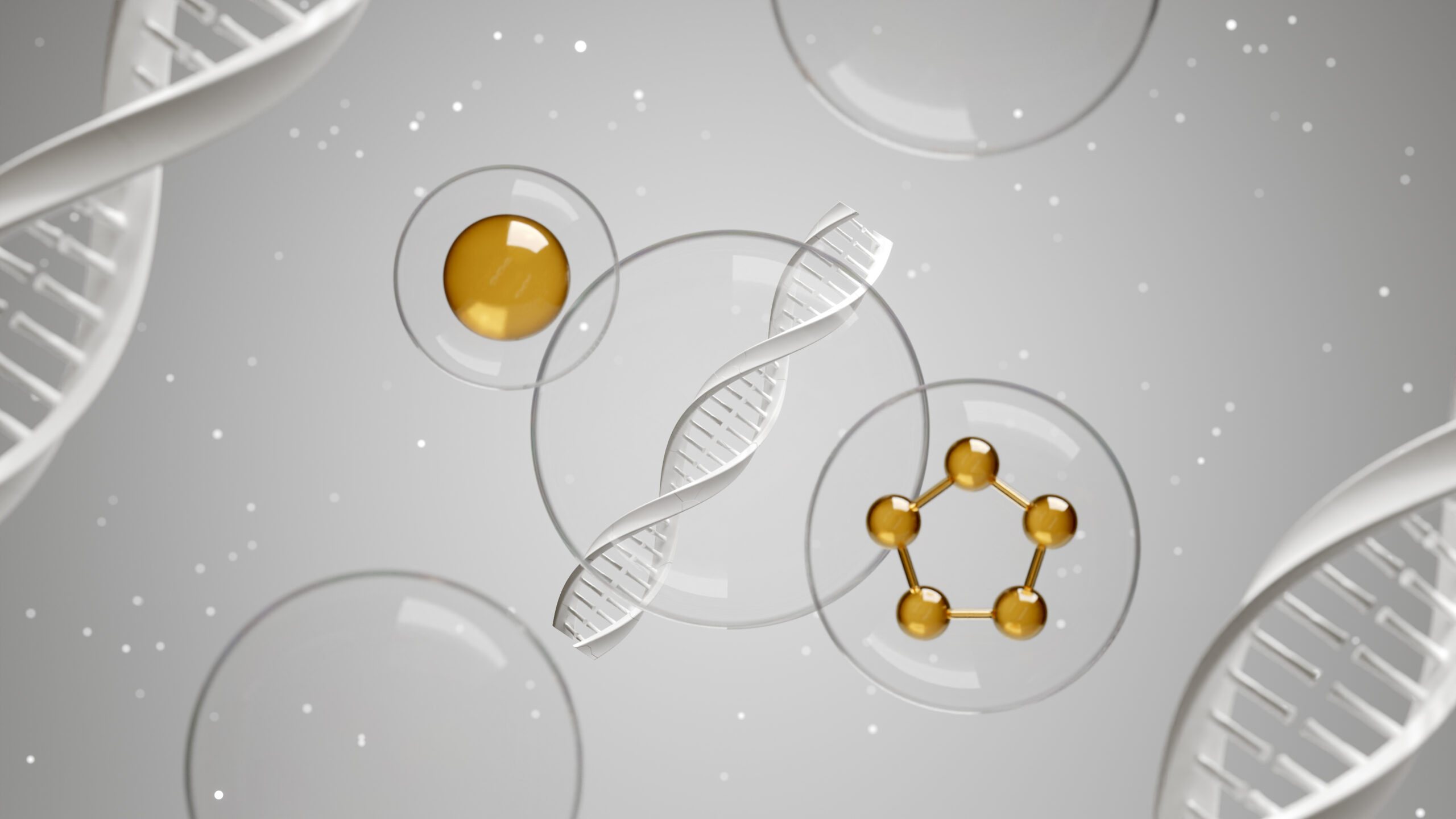


Stem cells are progenitor cells found throughout the body, capable of unlimited self-renewal and differentiation into various cell types. With their unique ability to repair and regenerate damaged tissues, stem cells hold unparalleled potential in regenerative medicine. Stem cell technologies today represent one of the fastest-growing fields in both fundamental research and clinical applications.

Unlimited Potential
Trusted Science
We combine clinical expertise with personalized care to speed up your healing and boost long-term performance. With a focus on safety, technique, and progress, your recovery journey is in trusted hands.
Multipotent cells from connective tissue with immunomodulatory properties.
A rich cell mixture derived from adipose tissue, containing stem cells and supportive cells.
Nanosized vesicles secreted by stem cells, carrying proteins, RNA, and lipids. They represent a cell-free therapeutic approach
The production process in stem cell technologies begins with source selection. Cells are obtained from bone marrow, umbilical cord, adipose tissue, or other biological materials. Once isolated, cells are cultured, expanded, and subjected to quality control tests before clinical application. In cell-free approaches (such as exosomes), bioactive vesicles secreted by stem cells are purified and prepared for use.
Stem cell technologies have a wide range of clinical applications, including:

Stem cell technologies are set to play a pivotal role in the future of regenerative medicine. With ongoing clinical trials, and combined with gene-editing technologies and personalized medicine, they are opening the door to highly effective next-generation therapies.
Compared to conventional treatments, stem cell technologies provide broader therapeutic effects, personalized solutions, and lower potential side effects.

Stem cells are unique cells capable of self-renewal and differentiation into various cell types.
They can be sourced from bone marrow, adipose tissue, umbilical cord, placenta, and other biological materials.
It supports natural regeneration, targets damaged tissues, and can provide longer-lasting results with fewer side effects.
Clinical studies indicate that stem cell applications, especially autologous ones, are generally safe when performed under medical supervision.
They are expected to shape personalized medicine, regenerative therapies, and targeted treatments for complex diseases.

Neurodigigen Founded in early 2024 by managing partners experienced in Neuromodulation and
Neuroscience, with a broad network of healthcare
institutions and professionals across Turkey and
Azerbaijan.
Biruni Teknopark Kazlıçeşme, Zeytinburnu/İstanbul
*Get the latest updates, health tips, and exclusive offers straight to you.
Copyright © 2025 All Rights Reserved.
WhatsApp us